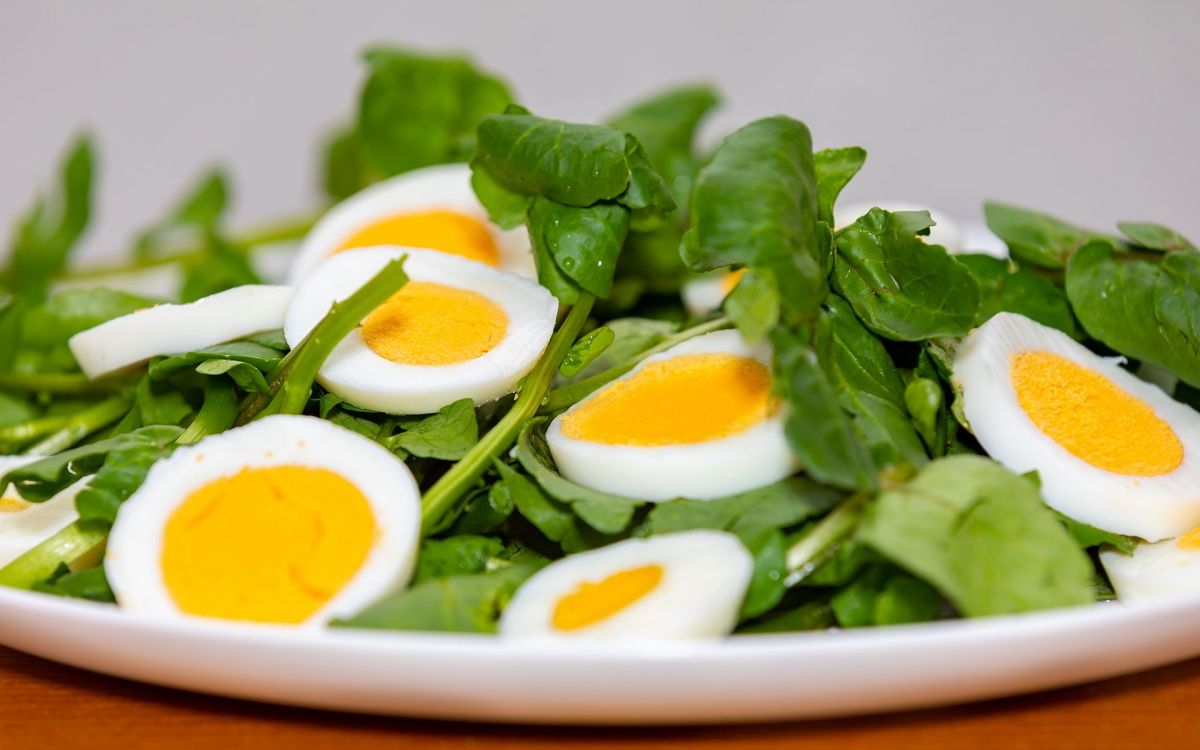This was after research at William Paterson University in New Jersey showed that 100 calories of watercress contain 100% daily value (DV) of qualifying nutrients.
Here are the health and nutritional benefits of watercress.
Watercress Clears Oxidative Stress in Your Body
If your body has oxidative stress, free radicals are looming in your system and make you susceptible to chronic diseases like cancer, arthritis, diabetes, and heart disease. Since watercress is rich in antioxidants, it can neutralize the free radicals and protect you from chronic illnesses.
For instance, it contains glucosinolates, which create a non-conducive environment for cancer cell growth. It also contains falcarinol, which has anti-inflammatory effects against colon cancer cells.
Your Bones Remain Strong
Watercress contains 3% calcium DV, which is essential for strengthening your bones. It also has 71% vitamin K DV, which improves calcium absorption and reduces the amount of calcium you remove in urine. The manganese in watercress also prevents your bones from becoming brittle and weak. So, eating watercress keeps your bones healthy and prevents them from fracturing.
Macular Degeneration in the Eye Slows Down
As you age, your retina cells lose the ability to regenerate themselves. The process might occur gradually or faster in some people. The effect is blurry central vision and, in extreme cases, can progress to eyesight loss.
Watercress is a natural source of zeaxanthin and lutein – two compounds that reduce the wearing of retina cells. If you regularly consume watercress, you'll prolong your eyesight in old age and improve your eye health.
Nourish Your Body
Watercress outshines other vegetables in any dietary plan in nutritional and health value. However, its high vitamin K content can interfere with blood disorder drugs. So, you should consult your doctor before eating watercress if you’ve been prescribed such medication.

